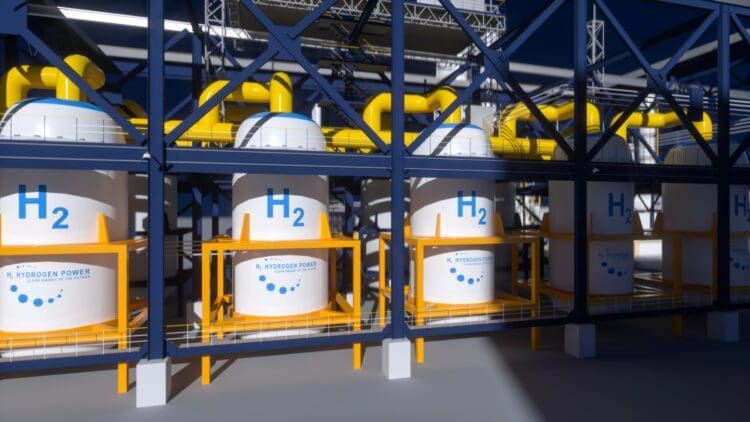The world has become acutely aware of the need to integrate the renewable energy sector; however, Europe has seen its planned billion-dollar hydrogen expansion facing regulatory battles as the region stagnates in its adoption of the hydrogen sector. For far too long, the world has relied on the fossil fuel sector, and Europe is one of the regions in the world that has a plan to boost investments in hydrogen. Despite clear plans in place, the region has struggled to implement new regulations that enable an accelerated embrace of the renewable energy sector.
Hydrogen operators came together in Brussels recently at the European Hydrogen Week
The nations of Europe came together to contemplate the standing of the hydrogen sector on the continent in Brussels recently. At the event, there was a clear and frustrating narrative that developed about the struggles the hydrogen sector faces amid regulatory hurdles in Europe.
However, the frustration over the supposed stagnation was offset by the perception that hydrogen is on the verge of becoming the dominant renewable energy resource on the continent. So it’s not all bad.
Despite the regulatory barriers that have frustrated hydrogen companies, the sector is moving forward at a relatively consistent pace, although that pace is not fast enough for some. The global energy community has committed over $100 billion to advance the hydrogen sector and can boast over 500 projects in progress around the world.
Europe has seen several landmark hydrogen projects being commissioned this year
While some lament the regulatory issues in Europe, the continent has seen a few key drivers of the ambition of hydrogen. Like the RWE–TotalEnergies’ 300 MW green hydrogen plant in Germany, as well as the 200 MW electrolyzer in Rotterdam from Shell. So despite some issues, Europe’s hydrogen dream is still on track.
The hydrogen sector is at a crossroads, according to industry analysts and experts
The agnostic nature of hydrogen has become all too clear for the world to see at the moment. There are several huge hydrogen projects that exemplify the progress made in the sector; however, many leaders and partner nations have noted that more flexibility is needed by Europe if it wants to reach its clean energy targets by the end of the decade.
Many industry leaders have noted that they simply can not comply with what some call “overly stringent regulations” from the EU. Those excessively tight regulations form part of the EU’s ‘renewable fuel of nonbiological origin’ (RFNBO) initiative.
Improving the hydrogen output needs to be a top concern for EU leaders
Improving the output from hydrogen projects needs to become a top priority for EU leaders, as the end of Russian energy due to the latest round of sanctions has placed Europe’s energy market in a volatile position. The continent is preparing for a life without Russian oil and gas, which will place it in a precarious position of having enough capacity to meet demand, especially as the cold European winter approaches.
Europe’s energy capacity needs more diversification to meet an increase in demand
With the end of the year only a few short months away, the European continent is facing a troubling future if the EU does not ease its regulations for improving hydrogen production on the continent. Notably, the EU’s other energy sectors are not performing as expected, with the EU’s gas reserves reaching their lowest point since 2021, sparking a wave of concerns across the sector. Integrating hydrogen into the European energy infrastructure may present some challenges, but Europe is nothing if not adaptable, and we suspect, following the calls by operators to ease regulatory barriers, that the region’s leaders will reconsider the strict rules imposed on the sector.





